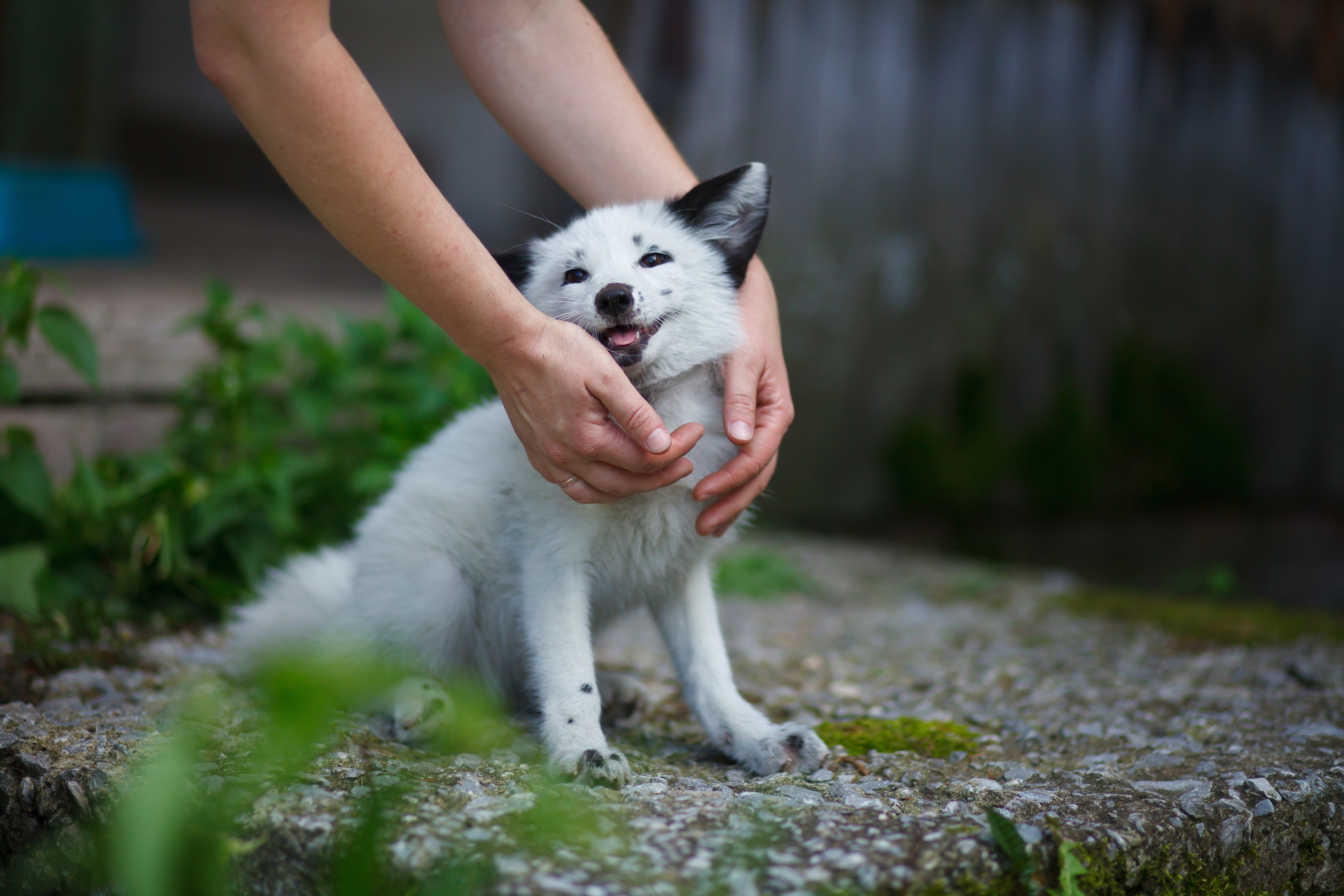
How to tame a fox
Lee Alan Dugatkin to present critically-acclaimed popular science book “How to Tame a Fox (and Build a Dog)” at the University of Konstanz.
On 25 February, the University of Konstanz and the Max Planck Institute for Ornithology will welcome prize-winning book author Lee Alan Dugatkin to deliver the public talk: “How to Tame a Fox (and Build a Dog)”. The event, which is hosted by iain Couzin in the Centre for the Advanced Study of Evolution, will take place at 18:00 in room R611 at the University of Konstanz. It will also include signing of English and German editions of Dugatkin’s book How to Tame a Fox (and Build a Dog).
Lee Alan Dugatkin is a Professor of Biology and Distinguished University Scholar at the University of Louisville. He is a behavioral ecologist and historian of science and his main area of research interest is the evolution of social behavior. He is the author of numerous books, including Cooperation Among Animals: An Evolutionary Perspective, The Altruism Equation: Seven Scientists Search for the Origins of Goodness, and Mr. Jefferson and the Giant Moose.
His latest popular science book How to Tame a Fox (and Build a Dog), published in 2017, has drawn critical acclaim from the New York Times Book Review, Los Angeles Review of Books, Forbes, and the Times Literary Supplement. It has won numerous awards and honors, including being listed as # 1 on the Forbes Magazine “list of 10 best science books” for 2017, and one of New York Times science writer Carl Zimmer’s “Must Reads”.
For his public lecture, Dugatkin will retrace the story told for the first time in 2017 with the publishing of How to Tame a Fox (and Build a Dog)—a story of jump-started evolution and the most astonishing breeding experiment ever undertaken.
Imagine speeding up thousands of years of evolution into a few decades…For the last 60 years, a dedicated team of researchers in Siberia has been breeding foxes to understand the evolutionary pathways that have led to animal domestication. In only a few dozen generations—a blink of an eye in evolutionary time—the visionary scientists have turned a small population of wild foxes into friendly creatures with wagging tails. Combining path-breaking science, politics, adventure, and love, this remarkable experiment has recreated the evolution of wolves into dogs and allowed us to witness, in real time, the process of domestication.
Dugatkin says: “I hope this talk reaches all people: the public, aspiring young scientists, and seasoned researchers studying evolution, behavior, or the history of science. The six-decade-long study on domesticating foxes in Siberia has everything from cutting-edge science to political intrigue to human-animal love stories. But perhaps more than anything else, it shows that when smart people with a passion for science pair that with almost super-human perseverance, we can unwrap the mysteries of the world we live in.”
